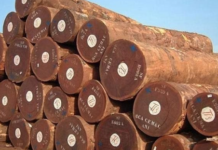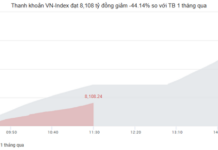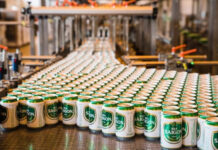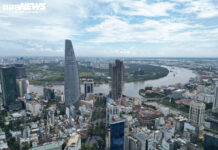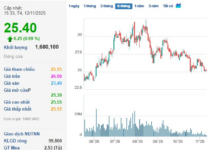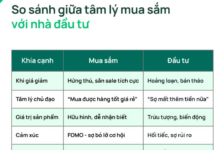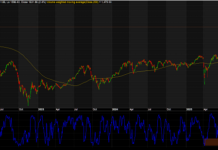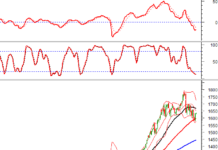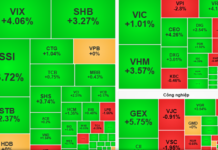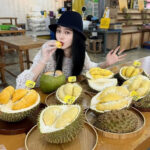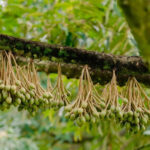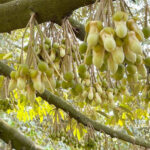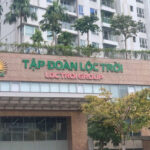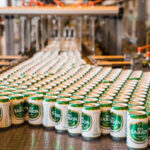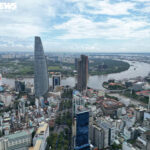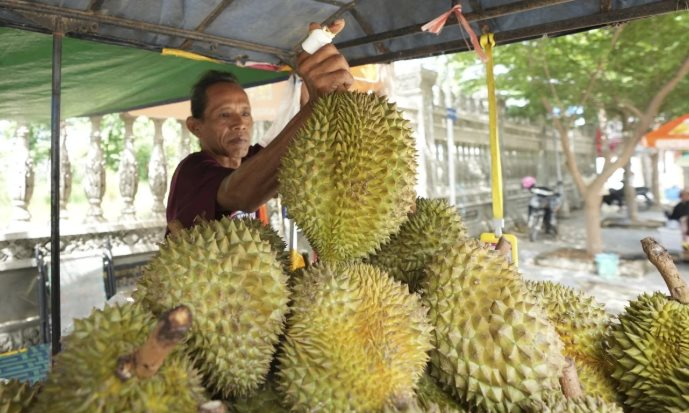
Illustrative Image
Malaysia is entering a robust expansion phase in its durian industry, fueled by soaring demand from China and diversifying consumer preferences.
Historically cultivated in small family orchards or farms, durian production is now attracting major corporations, including real estate developers and palm oil companies. The Malaysian government aims to boost durian exports by 50% by 2030.
Durian, renowned for its potent aroma, is widely consumed in China across various products, from pizzas and hotpots to pastries and beverages. Malaysia’s Musang King variety, prized for its unique bittersweet flavor and texture, has seen prices quadruple over the past five years.
China imported 1.56 million tons of durian in 2024, valued at over $7 billion, with Thailand supplying 52% and Malaysia contributing less than 1%. Malaysia aims to increase its exports to China from 14,600 tons this year to over 22,000 tons by 2030, expanding offerings from fresh fruit to processed products like durian pulp and powder.
Agricultural consultant Lim Chin Khee notes that Malaysia’s durian sector is transitioning from small-scale farming to industrialization. Large-scale projects spanning hundreds, even thousands, of hectares are emerging. Corporations such as IOI Corp, Berjaya Corp, Felda, and PLS Plantations have announced significant investments. Notably, M7 Plantation Bhd is developing a 10,000-acre (4,050 ha) durian plantation in Kelantan state.
Malaysia’s Ministry of Agriculture reports that durian cultivation reached approximately 72,000 hectares in 2024, with rapid expansion continuing. Many palm oil plantations are being converted, as Musang King durian yields nearly nine times the revenue of palm oil. Sabah state aims to add 5,000 hectares of new durian farms.
However, this expansion raises environmental concerns. Local media warn that 1,200 hectares of land near a Pahang forest reserve, home to Malayan tigers, may be cleared for durian cultivation. Peka Malaysia cautions that the “durian frenzy” could replicate the unsustainable growth patterns of the palm oil industry without robust planning.
China, the world’s largest durian importer, sees a single 6kg durian priced at up to 200 yuan ($29). Durian is particularly popular among middle-class families, dessert makers, and gift-givers for occasions like weddings.
The Untold Story Behind Hang Du Muc’s ‘5 Minutes to 12 Tons of Durian’ Live Stream: A Journey to Find the Ultimate Source in Khanh Hoa, Despite Health Concerns and a Trek From Dak Lak.
“I’m tired of always being reactive and rescuing our country’s agricultural produce. Why can’t we take the initiative and sell our own produce nationwide?” expressed Hẳng Du Mục. Before settling on durian as the main product for her live sale on July 7th, she even contemplated selling Cà Mau crab on TikTok Shop.
The King of Fruits Reigns Supreme: Vietnam’s Durian Exports Smash Records Once Again
In the first seven months of the year, durian exports reached 476.13 thousand tons, valued at $1.6 billion. This remarkable performance translates to a 50.5% increase in volume and a 49.4% surge in value compared to the same period last year.



